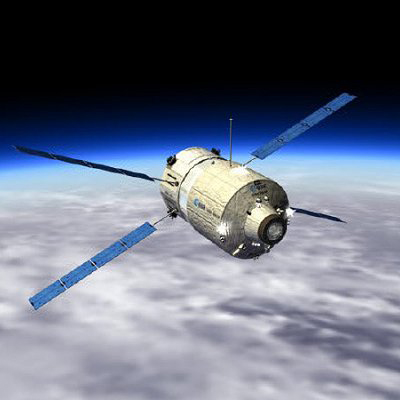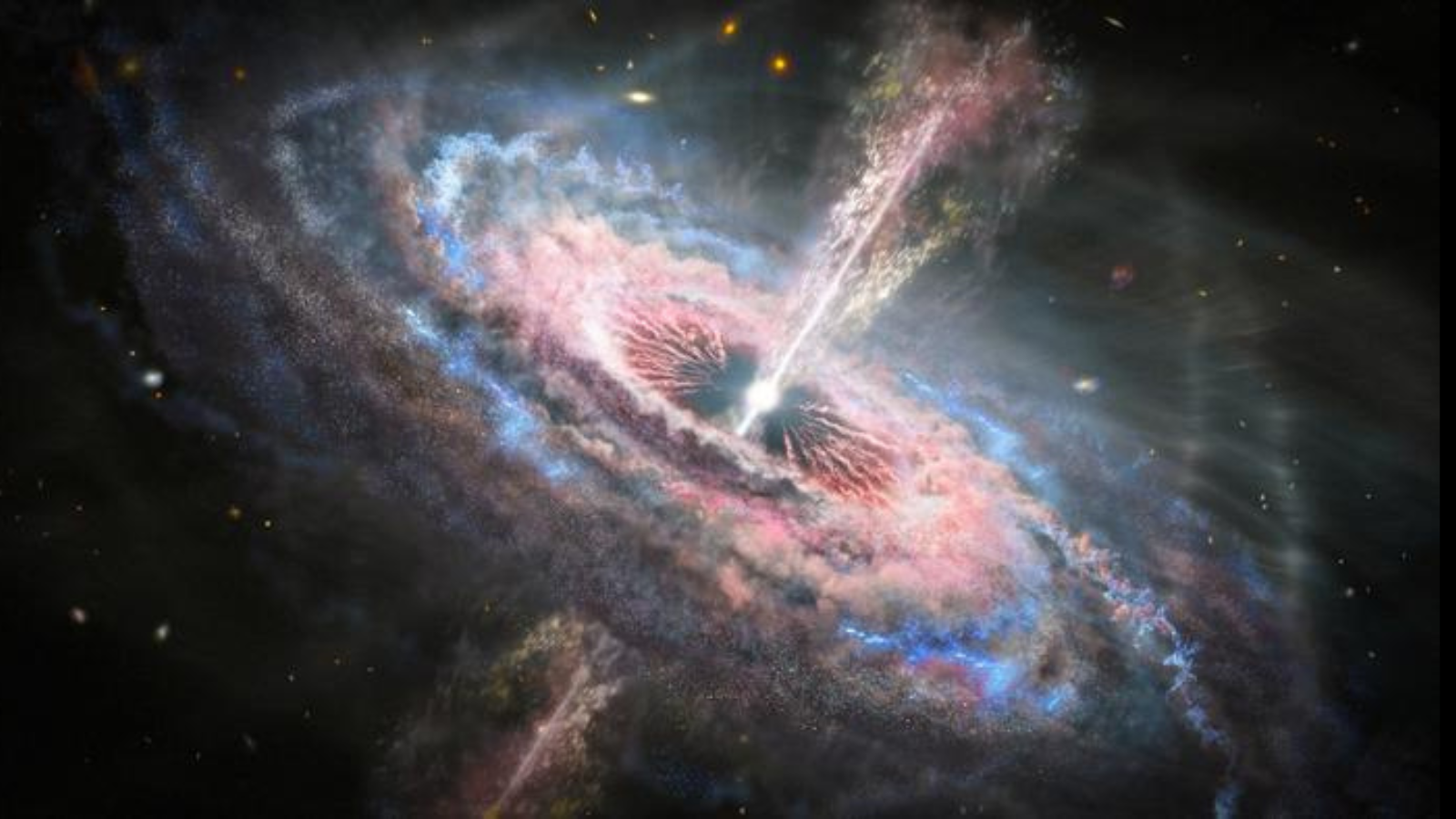European Space Cargo Ship Tests Going Well

Breaking space news, the latest updates on rocket launches, skywatching events and more!
You are now subscribed
Your newsletter sign-up was successful
Want to add more newsletters?

Delivered daily
Daily Newsletter
Breaking space news, the latest updates on rocket launches, skywatching events and more!

Once a month
Watch This Space
Sign up to our monthly entertainment newsletter to keep up with all our coverage of the latest sci-fi and space movies, tv shows, games and books.

Once a week
Night Sky This Week
Discover this week's must-see night sky events, moon phases, and stunning astrophotos. Sign up for our skywatching newsletter and explore the universe with us!

Twice a month
Strange New Words
Space.com's Sci-Fi Reader's Club. Read a sci-fi short story every month and join a virtual community of fellow science fiction fans!
PARIS — Europe's Automated Transfer Vehicle (ATV) cargo vessel March 14successfully completed a key test of its emergency-abort sequence, performing acollision-avoidance maneuver that ground teams hope will never be needed whenthe time comes to dock with the international space station, European SpaceAgency (ESA) officials said.
In themaneuver, the 41,887-pound (19,000-kilogram)ATV, named Jules Verne after the 19th century French science fictionwriter, was stopped in its tracks and thrown into reverse, firing four of itsthrusters to move backwards at a speed of around 16.4 feet per second (5 meters per second) tosimulate a slow retreat from the space station.
It is thismaneuver that will be required if, as it approaches the station for a plannedApril 3 docking, its speed, approach angle or some other parameter poses asafety concern for the station and its astronauts.
The March14 test also demonstrated the ability of ATV to switch to its independentbackup computer, which would be required only if there are multiple failures ofthe main computer system, which has its own backup.
ATVmanagers say it is a highly unlikely scenario, but one that must be planned forgiven the delicate nature of having a machine the size of ATV approach thestation.
With itsmain computers shut off, the ATV automatically placed itself into survivalmode, pointing toward the sun to continue to feed its four power-generatingsolar arrays to await further instructions from ground teams.
About 95minutes after the reverse-thrust command, the vessel's main computers wereswitched back on. It will now remain in its current orbit of some 190 miles (305kilometers) in altitude until March 18, when it will begin its transition intohigher orbit as it preparesits approach to the space station. The station's current orbit is about 211 miles (340kilometers) in altitude.
Breaking space news, the latest updates on rocket launches, skywatching events and more!
- VIDEO: Part 1: Europe's First ISS Cargo Ship
- VIDEO: Part 2: Jules Verne, Europe's First ISS Cargo Tug
- VIDEO: Columbus: Europe's Orbital Lab at ISS

Charles Q. Choi is a contributing writer for Space.com and Live Science. He covers all things human origins and astronomy as well as physics, animals and general science topics. Charles has a Master of Arts degree from the University of Missouri-Columbia, School of Journalism and a Bachelor of Arts degree from the University of South Florida. Charles has visited every continent on Earth, drinking rancid yak butter tea in Lhasa, snorkeling with sea lions in the Galapagos and even climbing an iceberg in Antarctica. Visit him at http://www.sciwriter.us
